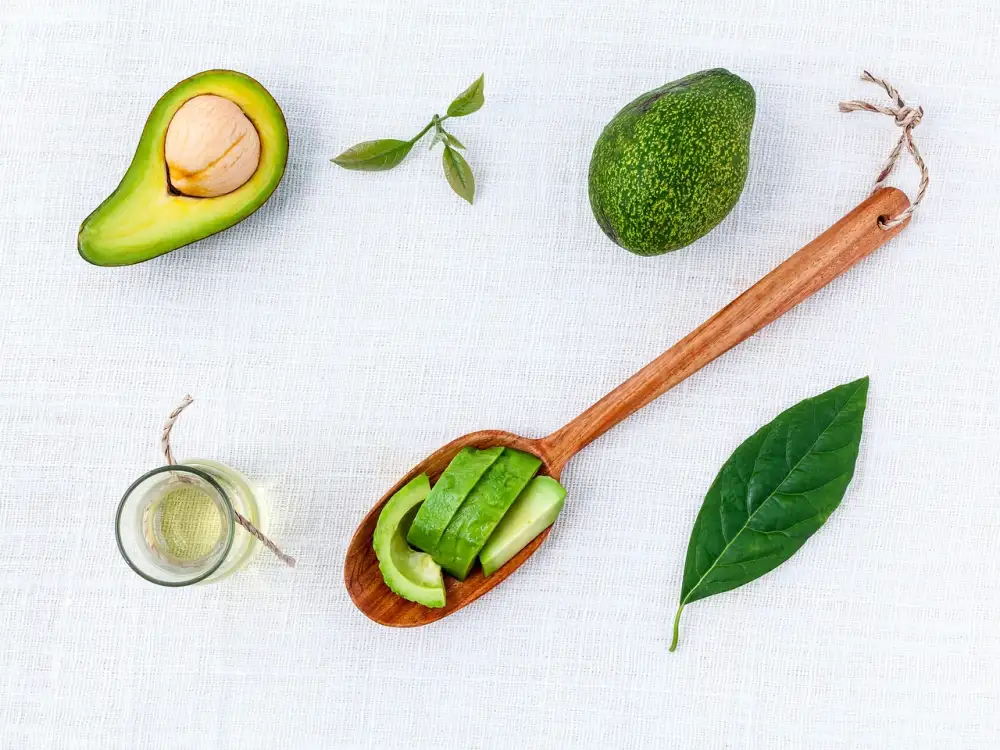Unlocking the Health Benefits of Seed Oils: Exploring the Nutritional Powerhouses Derived from Seeds

- Understanding the Nutritional Composition of Seed Oils
- The Role of Seed Oils in Promoting Heart Health
- Seed Oils as a Source of Essential Fatty Acids
- Exploring the Antioxidant Properties of Seed Oils
- Seed Oils and their Potential Anti-inflammatory Effects
- The Impact of Seed Oils on Blood Sugar Regulation
- Incorporating Seed Oils into a Balanced Diet for Optimal Health
- Choosing the Right Seed Oil for Cooking and Dressings
Seed oils have long been recognized for their numerous health benefits. Derived from various seeds such as flaxseed, chia seed, and sunflower seed, these oils are rich in essential nutrients and bioactive compounds. They are known to promote heart health, provide essential fatty acids, possess antioxidant properties, and potentially reduce inflammation. Additionally, seed oils can help regulate blood sugar levels. By incorporating these nutritional powerhouses into our diets, we can unlock their potential to enhance overall health and well-being.
Understanding the Nutritional Composition of Seed Oils
Seed oils are not only delicious but also packed with essential nutrients that can benefit our overall health. Understanding the nutritional composition of seed oils is crucial in unlocking their potential benefits. These oils are rich in healthy fats, including monounsaturated and polyunsaturated fats, which are known to promote heart health and reduce the risk of cardiovascular diseases. They also contain vitamins E and K, which play a vital role in supporting immune function and maintaining healthy bones. Additionally, seed oils are a great source of plant-based proteins, fiber, and various minerals such as magnesium, zinc, and selenium. By incorporating seed oils into our diet, we can harness their nutritional powerhouses to support our well-being.
The Role of Seed Oils in Promoting Heart Health
Seed oils play a crucial role in promoting heart health. They are rich in monounsaturated and polyunsaturated fats, which help lower bad cholesterol levels and reduce the risk of heart disease. These oils also contain omega-3 fatty acids, known for their anti-inflammatory properties and ability to support cardiovascular health. Regular consumption of seed oils can improve blood lipid profiles, decrease blood pressure, and enhance overall heart function. Incorporating these oils into your diet is a simple yet effective way to protect your heart and enjoy a healthier life.
Seed Oils as a Source of Essential Fatty Acids
Seed oils are a valuable source of essential fatty acids, which are vital for overall health and well-being. These fatty acids cannot be produced by the body and must be obtained through diet. Seed oils, such as flaxseed oil, hemp seed oil, and chia seed oil, are rich in omega-3 and omega-6 fatty acids. Omega-3 fatty acids have been shown to reduce inflammation, support brain health, and promote heart health. Omega-6 fatty acids play a crucial role in maintaining healthy skin and hair, regulating metabolism, and supporting the immune system. By incorporating seed oils into your diet, you can ensure that you are getting an adequate intake of these essential fatty acids for optimal health.
Exploring the Antioxidant Properties of Seed Oils
Seed oils are not only rich in essential fatty acids but also contain powerful antioxidants that can benefit our health. Antioxidants help protect our cells from damage caused by free radicals, unstable molecules that can lead to chronic diseases such as cancer and heart disease. Seed oils, such as flaxseed oil and sesame oil, are particularly high in antioxidants like vitamin E and phenolic compounds. These antioxidants work together to neutralize free radicals, reducing oxidative stress and inflammation in the body. By incorporating seed oils into our diet, we can harness their antioxidant properties and support overall health and well-being.
Seed Oils and their Potential Anti-inflammatory Effects
Seed oils have been found to possess potential anti-inflammatory effects, making them a valuable addition to a healthy diet. Inflammation is a natural response by the body to protect against injury or infection. However, chronic inflammation can contribute to various health issues such as heart disease, arthritis, and even cancer.
Certain seed oils, such as flaxseed oil and hemp seed oil, contain high levels of omega-3 fatty acids. These omega-3 fatty acids have been shown to help reduce inflammation in the body by inhibiting the production of pro-inflammatory molecules. They also promote the production of anti-inflammatory molecules, helping to restore balance within the body.
In addition to omega-3 fatty acids, other seed oils like chia seed oil and pumpkin seed oil contain antioxidants that can help combat inflammation. Antioxidants neutralize harmful free radicals in the body that contribute to inflammation and oxidative stress.
By incorporating these seed oils into your diet, you can potentially reduce chronic inflammation and support overall health. However, it's important to note that while seed oils may have anti-inflammatory properties, they should not be relied upon as a sole treatment for inflammatory conditions. It's always best to consult with a healthcare professional for personalized advice and guidance on managing inflammation through diet and lifestyle choices.
The Impact of Seed Oils on Blood Sugar Regulation
Seed oils have been found to have a positive impact on blood sugar regulation. This is due to their low glycemic index, which means they cause a slower and more gradual rise in blood sugar levels compared to high-glycemic foods. This can be beneficial for individuals with diabetes or those looking to manage their blood sugar levels. Additionally, seed oils contain healthy fats that help improve insulin sensitivity, allowing the body to better regulate blood sugar. By incorporating seed oils into your diet, you can support stable blood sugar levels and promote overall health and well-being.
Incorporating Seed Oils into a Balanced Diet for Optimal Health
To reap the maximum health benefits of seed oils, it is crucial to incorporate them into a well-balanced diet. Start by using seed oils as a substitute for unhealthy fats like butter or margarine in cooking and baking. Their rich flavor and versatility make them an excellent choice for sautéing vegetables, marinating meats, or drizzling over salads.
Additionally, consider adding seed oils to your daily intake of healthy fats. Use them as a base for homemade salad dressings or dips, or simply drizzle them over roasted vegetables or whole grains. Remember to use seed oils in moderation, as they are calorie-dense.
To ensure you are getting a variety of nutrients, rotate between different types of seed oils such as flaxseed oil, sesame oil, pumpkin seed oil, or sunflower oil. Each type offers unique flavors and nutritional profiles that can enhance the taste and healthfulness of your meals.
By incorporating seed oils into your diet, you can unlock their nutritional powerhouses and enjoy the numerous health benefits they offer. So go ahead and embrace these flavorful additions to your kitchen repertoire for optimal health and wellbeing.
Choosing the Right Seed Oil for Cooking and Dressings
Choosing the right seed oil for cooking and dressings is essential to maximize the health benefits they offer. Each seed oil has its own unique flavor profile and smoke point, which determines its suitability for different cooking methods. For high-heat cooking such as frying or sautéing, oils with a high smoke point like avocado or grapeseed oil are ideal. They can withstand higher temperatures without breaking down and compromising their nutritional value. For salad dressings or drizzling over dishes, lighter oils like extra virgin olive oil or flaxseed oil are excellent choices. These oils add a delicate flavor and provide a dose of beneficial nutrients. Experiment with different seed oils to find the ones that complement your favorite dishes while enhancing your overall well-being.
In conclusion, seed oils are nutritional powerhouses that offer a wide range of health benefits. From promoting heart health to providing essential fatty acids and antioxidants, these oils have a positive impact on our overall well-being. Their potential anti-inflammatory effects and ability to regulate blood sugar further enhance their value. By incorporating seed oils into a balanced diet, we can unlock their full potential and enjoy optimal health. So let's embrace the healthful qualities of seed oils and celebrate the flavors they bring to our dishes!
Published: 16. 12. 2023
Category: Health



